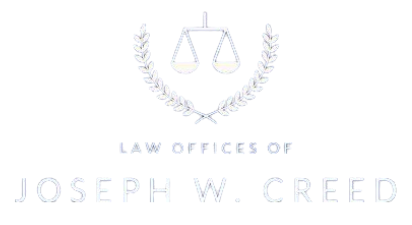Contact Us
Phone: 866-759-7211
Location
11120 NE 2nd Street
Suite 100
Bellevue, WA 98004
Hours
- Mon - Fri
- -
- Saturday
- -
- Sunday
- Closed
Call Now: 866-759-7211
Understanding Trusts and the Powers of Trustees
Understanding Trusts And The Powers Of Trustees
Trusts are legal agreements that are used to hold and transfer assets while minimizing taxes and avoiding probate. When a trust is created, a trustee is appointed to manage the assets in the trust. However, questions pertaining to the power of the trustee and the ability to change the trust often arise. In this blog post, we will address some of the most commonly asked questions about trustees and trusts.
Can A Trustee Change A Trust?
Yes, a trustee can change a trust. However, the ability to change the trust will depend on the language of the trust agreement. Some trusts may be irrevocable, meaning that they cannot be changed, while others may be revocable, giving the trustee the ability to make changes as needed. It is essential to understand the terms of the trust agreement to determine the nature of the trustee's power.
What Powers Do Trustees Have?
The powers of a trustee will depend on the language of the trust agreement. Generally, a trustee has the power to manage the assets in the trust, invest those assets, and distribute them to the beneficiaries. They have the duty to act in the best interest of the beneficiaries and follow the guidelines established in the trust agreement. Trustees may also have the power to change or amend the trust under certain circumstances.
Can A Successor Trustee Change A Trust?
A successor trustee is appointed to take over trust management if the original trustee is unable or unwilling to continue their duties. Like the original trustee, a successor trustee may have the power to change the trust, depending on the language of the agreement and under certain circumstances.
What Can A Successor Trustee Do And Don't?
A successor trustee's powers, duties, and limitations are defined by the trust agreement. They can manage the assets in the trust, invest those assets, and distribute the assets to the beneficiaries. They cannot act outside of the guidelines established in the trust agreement or engage in any conflicts of interest. They must also act in the best interest of the beneficiaries and fulfill their fiduciary duties.
How Can You Remove A Trustee From The Trust?
Removing a trustee from a trust can be a complex process. Typically, the trust agreement will outline the steps needed to remove a trustee, including a vote by the beneficiaries. If the trustee is not fulfilling their duties or is acting inappropriately, it may be necessary to seek legal action to remove them from their position.
How Can An Attorney Help?
An attorney can help you navigate the complex and often confusing world of trusts and trustees. They can review the trust agreement, advise on the powers of the trustee, and assist in removing a trustee if necessary. An attorney can also provide guidance on trust creation and drafting services to ensure that your trust meets your specific needs and goals.
Understanding trusts and the powers of trustees is essential in ensuring that your assets are effectively managed and distributed according to your wishes. If you need assistance with trust creation or management, The Law Offices of Joseph W Creed provides comprehensive legal services to the Bellevue, Washington community. Our experienced attorneys are dedicated to helping you achieve your goals and protecting your assets. Contact us today to schedule a consultation.





Schedule a Case Evaluation
Contact us now!
Practice Areas
Hours
- Mon - Fri
- -
- Saturday
- -
- Sunday
- Closed
Disclaimer: The information on this website is for general information purposes only. Nothing on this site should be taken as legal advice for any individual case or situation. This information is not intended to create, and receipt or viewing does not constitute an attorney-client relationship.
All Rights Reserved | Law Offices of Joseph W. Creed | Powered By Convert It Marketing | Privacy Policy
All Rights Reserved | Law Offices of Joseph W. Creed | Powered By Convert It Marketing | Privacy Policy





